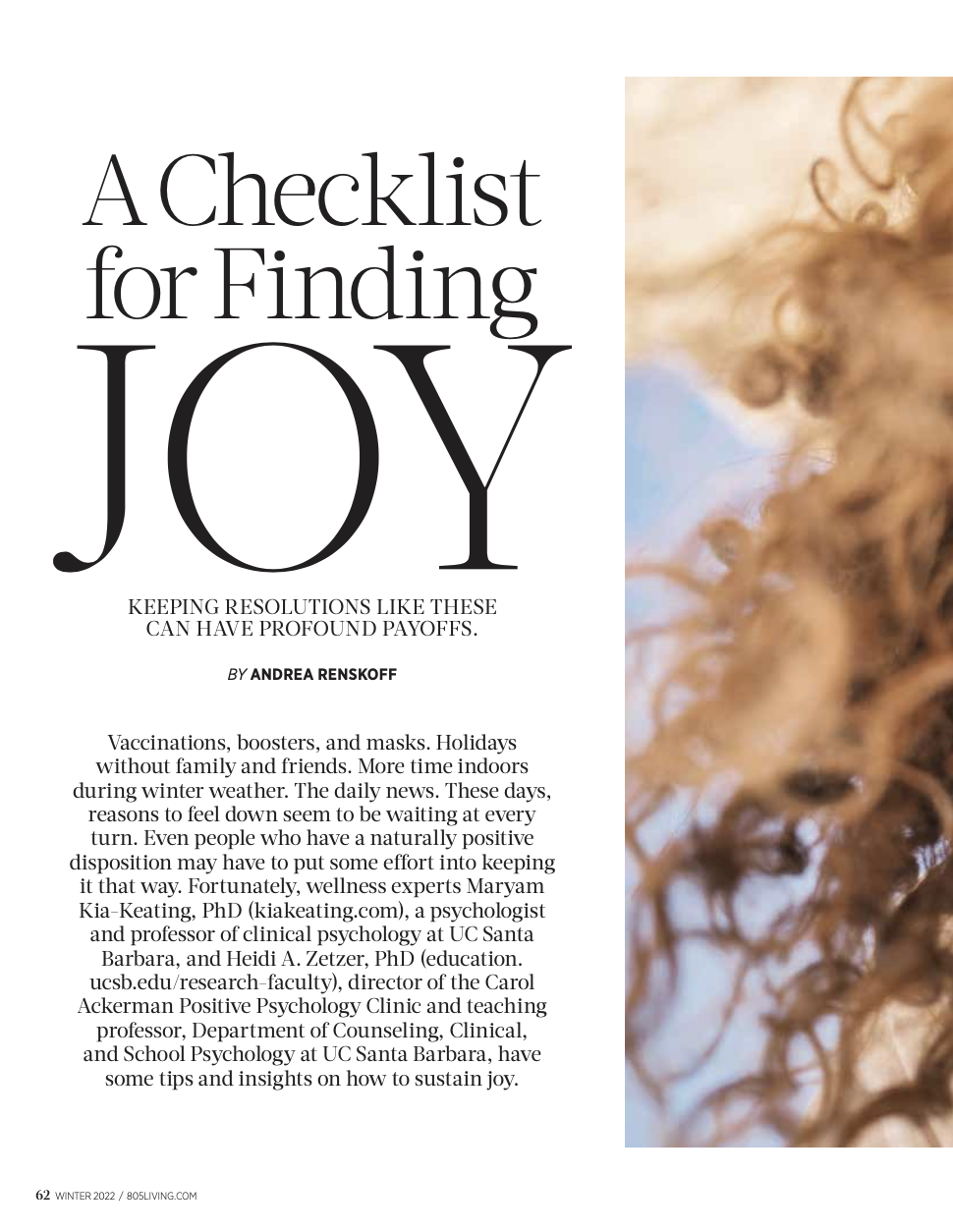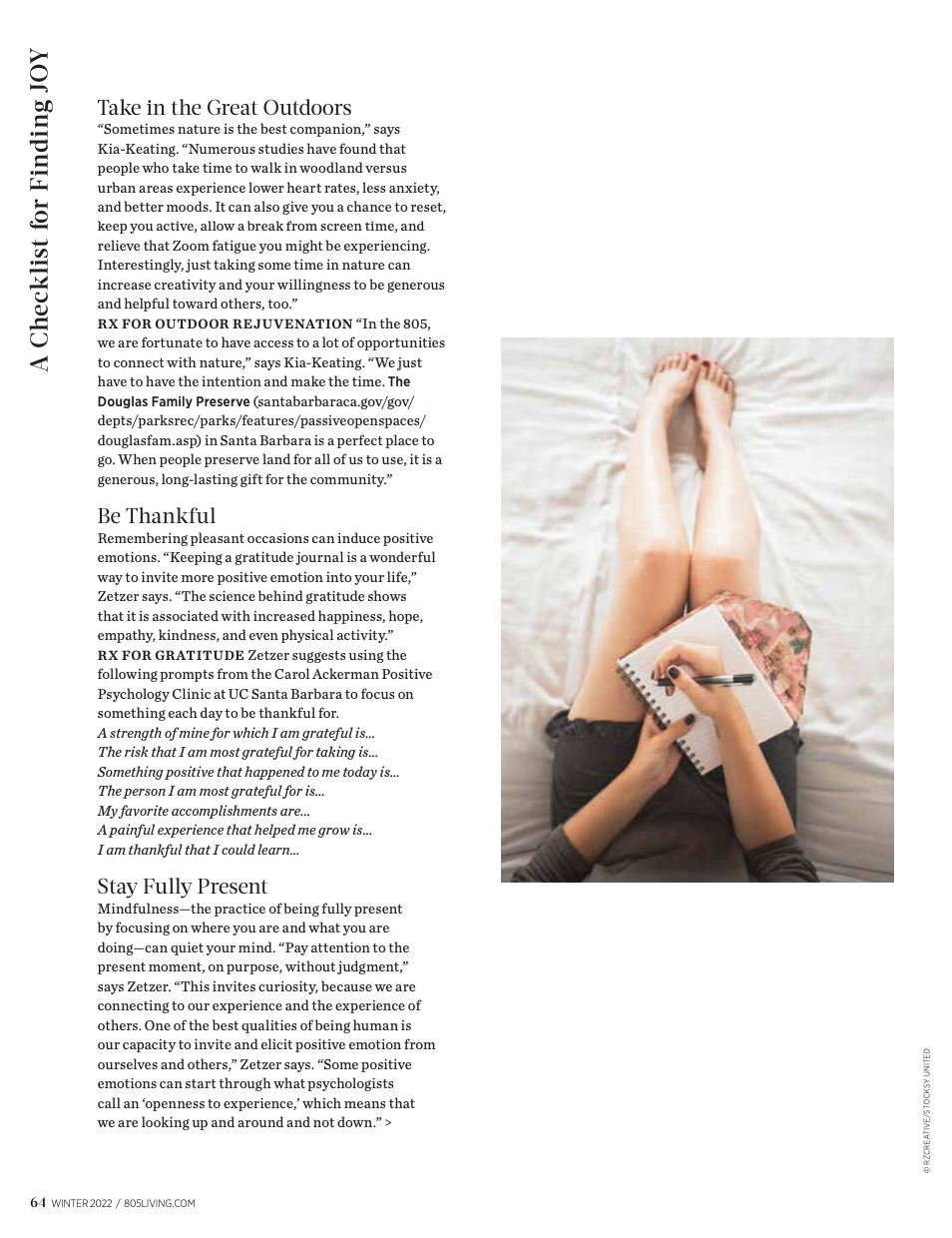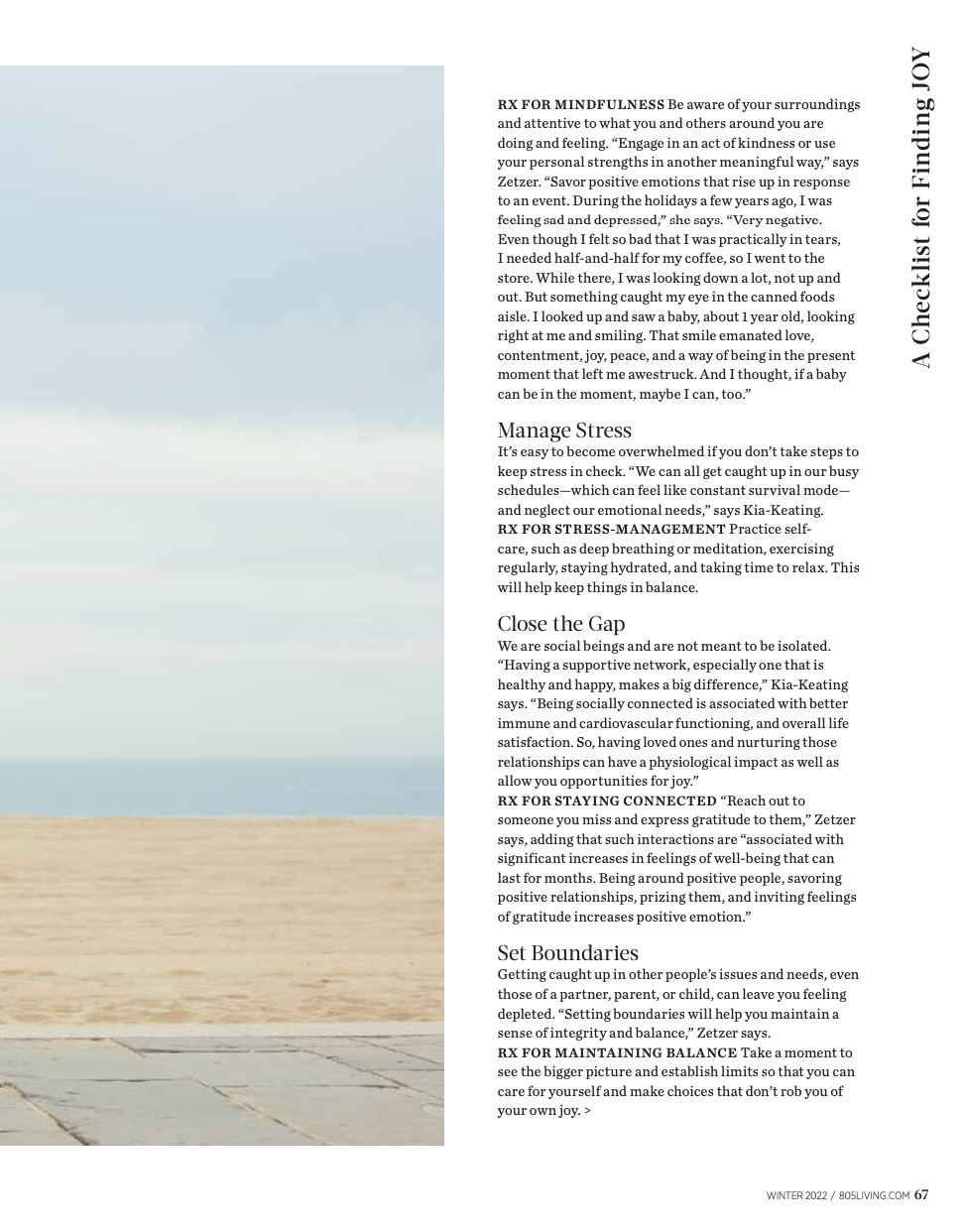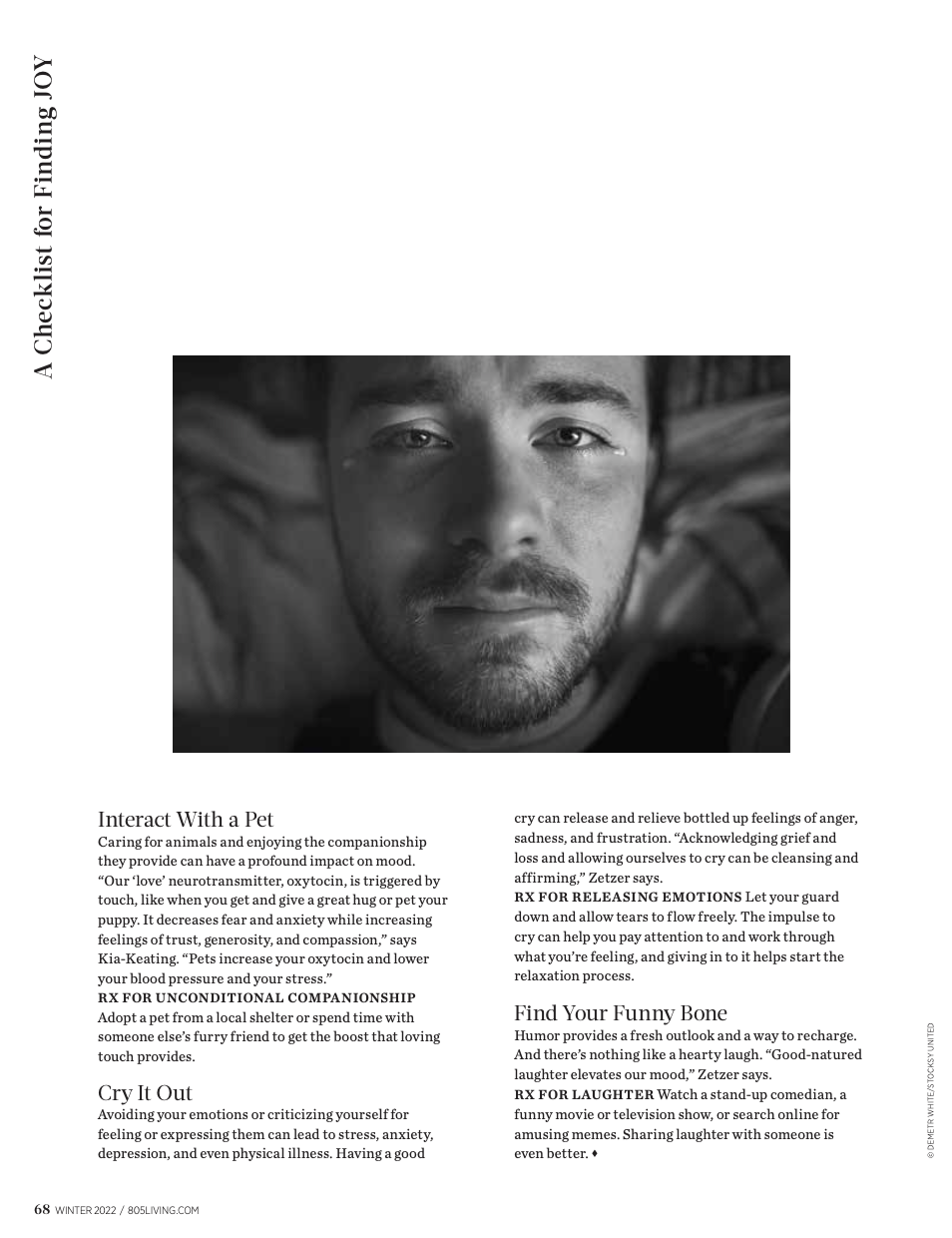
CAPPC Events

Psychiatric Grand Rounds Session: Overcoming Imposter Syndrome
Cottage Health Psychiatric Grand Rounds: Overcoming Imposter Syndrome
Presentation Description: The Imposter Phenomenon, now often called Imposter Syndrome, is the persistent belief that one is not as clever, qualified, capable, talented or as cool as other people think they are, despite evidence to the contrary. Accomplishments are attributed to external factors—like luck or help from others. It’s feeling like a fraud and living with the fear of being exposed as one. These beliefs lead to increased stress and anxiety, reduced confidence, and avoidance of risk, including meeting new people, applying for a job, or seeking a promotion. The purpose of this presentation is threefold: 1) describe what it feels like to “have imposter syndrome,” and discuss its prevalence among diverse populations, 2) to examine external (e.g., systemic oppression, tokenism) and internal (e.g., internalized isms, stereotype threat) sources of the thoughts and feelings that drive this phenomenon, and 3) identify strategies that foster empowerment and resilience, promote self-assurance, and deplete the hindering effects of imposter syndrome by using psychological tenets and practices.
LEARNING OBJECTIVES:
• Define imposter phenomenon/syndrome (IP/IS)
• Distinguish between external and internal sources of IP/IS
• Identify strategies for overcoming imposter/phenomenon syndrome

Pub Talk: Avoiding Toxic Positivity and Fostering Real Happiness
Click Here to View Dr. Heidi’s Presentation!
Avoiding Toxic Positivity and Fostering Real Happiness
Life has its ups and downs. We need both highs and lows to appreciate being alive; to be motivated; to make meaning. We also need each other. How we help each other during the lows and join in the celebration of the highs makes a difference. In the lows, too much positivity can be toxic and too much compassionate commiserative brooding may be depressing. In the highs, a low-key response can be dismissive and an exaggerated exuberance may seem fake. What’s a good friend/spouse/partner/family member/supervisor/mentor supposed to do?
The purpose of this pub talk is to introduce you to positive psychology concepts and practices that will help you find a balance between joining in the lows and heightening the highs, between “holding space” for hard times and identifying strengths, and between toxic positivity and real happiness. Three simple practices will help you find your way.

Poster Presentation at APA 2024
The CAPPC team presented a poster at APA’s Annual Convention in Seattle, Washington. The poster entitled Proof of Concept: Can Face Reader be Used to Study Positive Emotion in Psychotherapy & Supervision? summarized a multiple N of 1 investigation that aimed to determine whether a non-invasive facial expression recognition software, FaceReader, is a valid tool for measuring PE in response to two PPT interventions (PPIs) in eight researcher-participant interactions.
Poster Authors: Heidi Zetzer, Elana Hubert, Himadhari Sharma, Anabel Salimian, Cassidy Miller, Ash Phomassa, Priya Bhatia, Cydney Williams, & Margaret Boyer
Poster Abstract: Positive Psychotherapy (PPT) aims to increase clients’ capacities to flourish (Rashid & Seligman, 2018). PPT is grounded in Fredrickson’s Broaden-and-Build Theory (B&B; 2001), which posits that increasing positive emotion (PE) broadens clients’ thought-action repertoires and builds resources. Positive supervision (PS) draws on B&B by encouraging supervisors to foster PE by capitalizing on trainee strengths (Wade et al., 2015). Identifying valid measures of PE would enable researchers to test the relationship between PE and PPT or PS outcomes and lead to strategies for improving both practices.
The purpose of this multiple N of 1 investigation was to determine whether a non-invasive facial expression recognition software, FaceReader (FR; Noldus, 2022), is a valid tool for measuring PE in response to two PPT interventions (PPIs) in eight researcher-participant interactions. We measured changes in PE using FR across three intervals: Warm-up, Intervention, and Debrief using one of two PPIs: 1) Three Good Things (Emmons & Stern 2013), and 2) Capitalization (Gable & Reis, 2010). We measured pre-post changes in PE using the PANAS-X (Watson & Clark, 1994) and SWL (Diener, 1984) and tested the robustness of the PPIs. We transcribed and coded the interactions using Braun & Clarke’s (2006) Thematic Analysis (TA). Our goal was to evaluate the consistency between FR data and: a) pre-post measures of PE and b) qualitative analyses of interviews.
FR detected elevations in PE in two of four Gratitude participants and three of four Capitalization participants post PPI. Across both PPIs, the affective valence was positive over all three intervals with a decrease during debriefing. Arousal levels decreased, too. Pre-post analyses showed no significant changes in PE and significant improvement in SWL. FR results did not mirror the PANAS-X, but were consistent with our TA. Emerging themes included feelings of happiness, pride, and gratitude in response to the PPIs.

Principles and Practice of Positive Psychology Workshop
To see the presentation slides, check out this link!

Growth Mindset: Nurture Your Wellbeing (ASAP Wellness Workshop)
View the recorded presentation here!
Exhaustion and burnout are real. Positive psychology has a number of skills that can help evoke positive emotions, self-compassion, and self-care. This virtual workshop will provide a supportive space for individuals to begin learning about and exploring a variety of psychological tools guided by positive psychology concepts.
Presented by:
Himadhari Sharma, M.A., B.S.B., UCSB Doctoral Candidate
Chava Nerenberg, M.A, UCSB Doctoral Candidate

UCSB Mental Health Conference 2022
Isabelle Fleury to deliver the keynote of the 2022 UC Santa Barbara Mental Health Conference
Isabelle Fluery, M.Ed., doctoral student in the Department of Counseling, Clinical, and School Psychology, will deliver the keynote talk at the seventh annual UC Santa Barbara Mental health Conference on Saturday, May 7 at 10:15 am. Her speech will address the preliminary results from her dissertation study, which investigates how Black undergraduate students experience racial stress and if campus health providers should screen Black students for racial stress. Using a public health framework that recognizes racism as a social determinant of health, Fluery will highlight the advantageous position that colleges and universities are in to integrate academic, career, health, and crisis support services for their students.
UCSB’s 7th Annual Mental Health Conference, in addition to this keynote, will feature student panelists sharing their experience with mental health, various workshops about mental health topics relating to self-care and relationships, and free breakfast and lunch during the event. Learn more and register online: https://docs.google.com/forms/d/1tw6hjkApjr-U26m1wIcJCR128rXi2KyU5qa4EVoUGZE/viewform?edit_requested=true

Digital Wellbeing - UCSB Academic & Staff Assistance Program
Check out this presentation by Himadhari Sharma and the UCSB Academic and Staff Assistance Program regarding developing a healthy interaction with digital devices!
“Let’s talk about social media and device hygiene. Our devices have become such a big part of our lives. In this workshop, we will talk about screen use and explore ways to take desired control over our devices and time. We will reflect on device hygiene, introduce ways to develop boundaries, and briefly review parenting behaviors surrounding children and their usage of devices.
Presented by:
Himadhari Sharma, M.A., B.S.B.
UCSB Doctoral Candidate
(she, her, hers) ”

Virtual Psychiatric Grand Rounds: The Psychology of Flourishing
Join Dr. Heidi Zetzer in her Virtual Psychiatric Grand Rounds with Cottage Hospital on February 22nd at noon to learn about Seligman’s PERMA model of flourishing and the role of positive emotion in psychotherapy

“Supporting Loved Ones in Crisis: the Black Perspective”
Please register for this event by following the link: https://tinyurl.com/mrxcu9x5
“Have you ever wondered what you could do to support your loved ones in emergency and crisis situations? Or how you might help them and the first responders who are on the way in those key moments? The Healing Space and Healing Justice Santa Barbara presents ‘Supporting Loved Ones in Crisis: the Black Perspective’, a virtual event where we will discuss how to identify mental health crises when they happen and what to do when outside support is needed. Join us on February 20th, from 11:00 am-12:00 pm, to hear from our speakers and hosts, Tamara Cummings, M.A., Ed. S., NCSP, and Jazzmyn Ward, M.A.
This event is intended for Black community members and our loved ones. For ASL or Spanish accommodations, please contact healingspaceucsb@gmail.com. Please register for this event by following the link: https://tinyurl.com/mrxcu9x5”
— The Healing Space and Healing Justice Santa Barbara

A Checklist for Finding Joy w/805 Living
A Checklist for Finding Joy
It is always a joy when someone asks to learn more about positive psychology!
Andrea Renskoff, journalist for 805 Living, interviewed two UCSB professors, Drs. Heidi Zetzer, Director of the Carol Ackerman Positive Psychology Clinic (CAPPC), and Maryam Kia-Keating, Director of the Trauma & Adversity, Resilience & Prevention (TARP) research program, to learn about simple ways to find joy in life. We are delighted to share this article with you! Click the button below to access the full article on the 805 Living website!
{Winter 2022, Pages 62-69}













